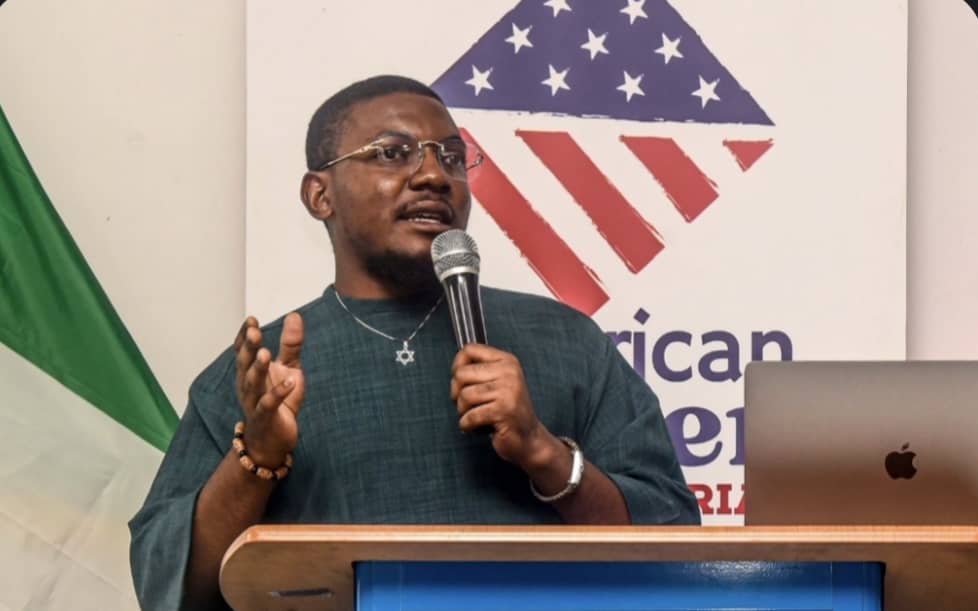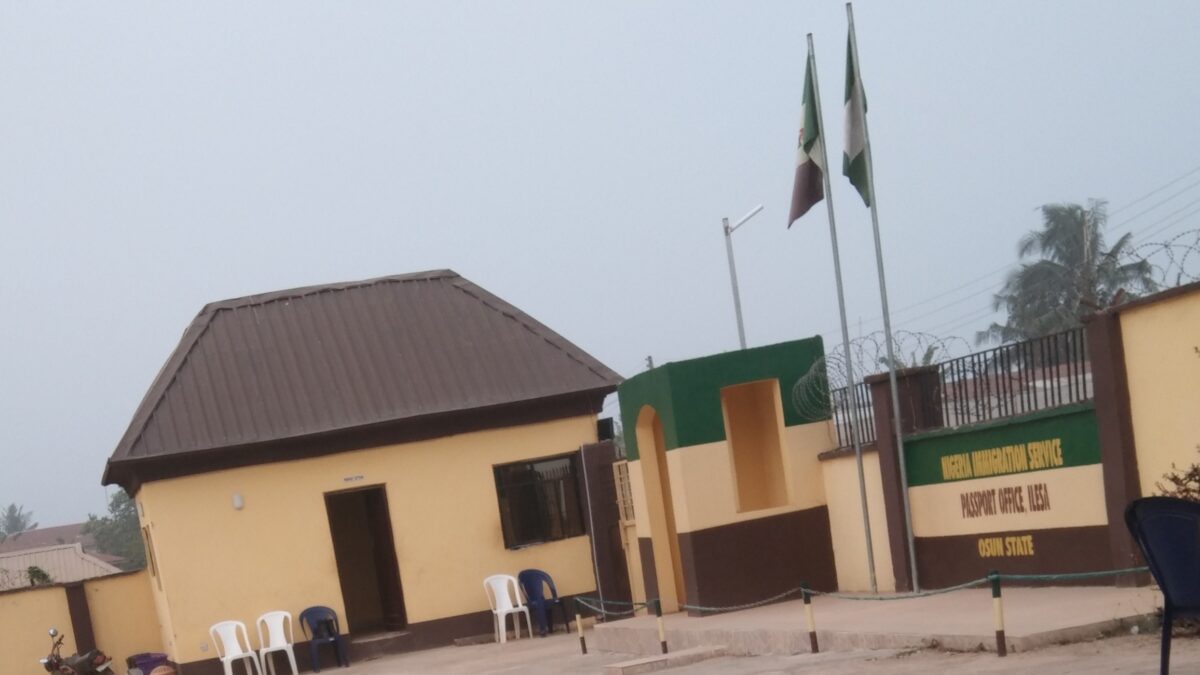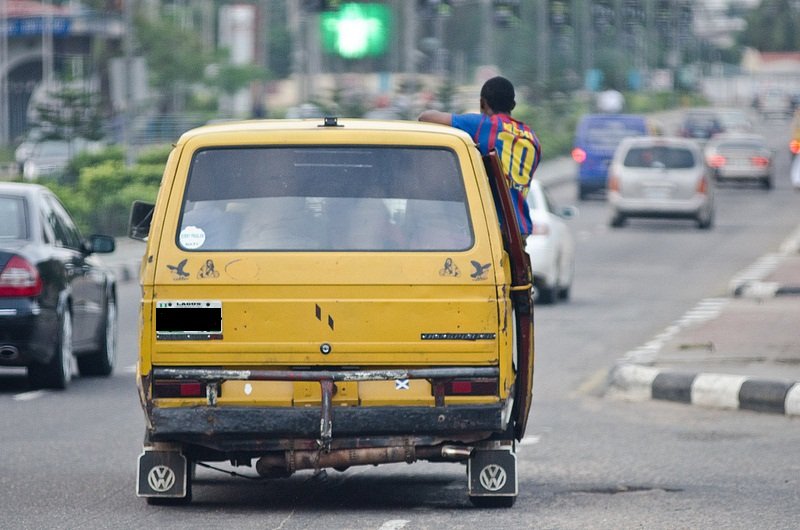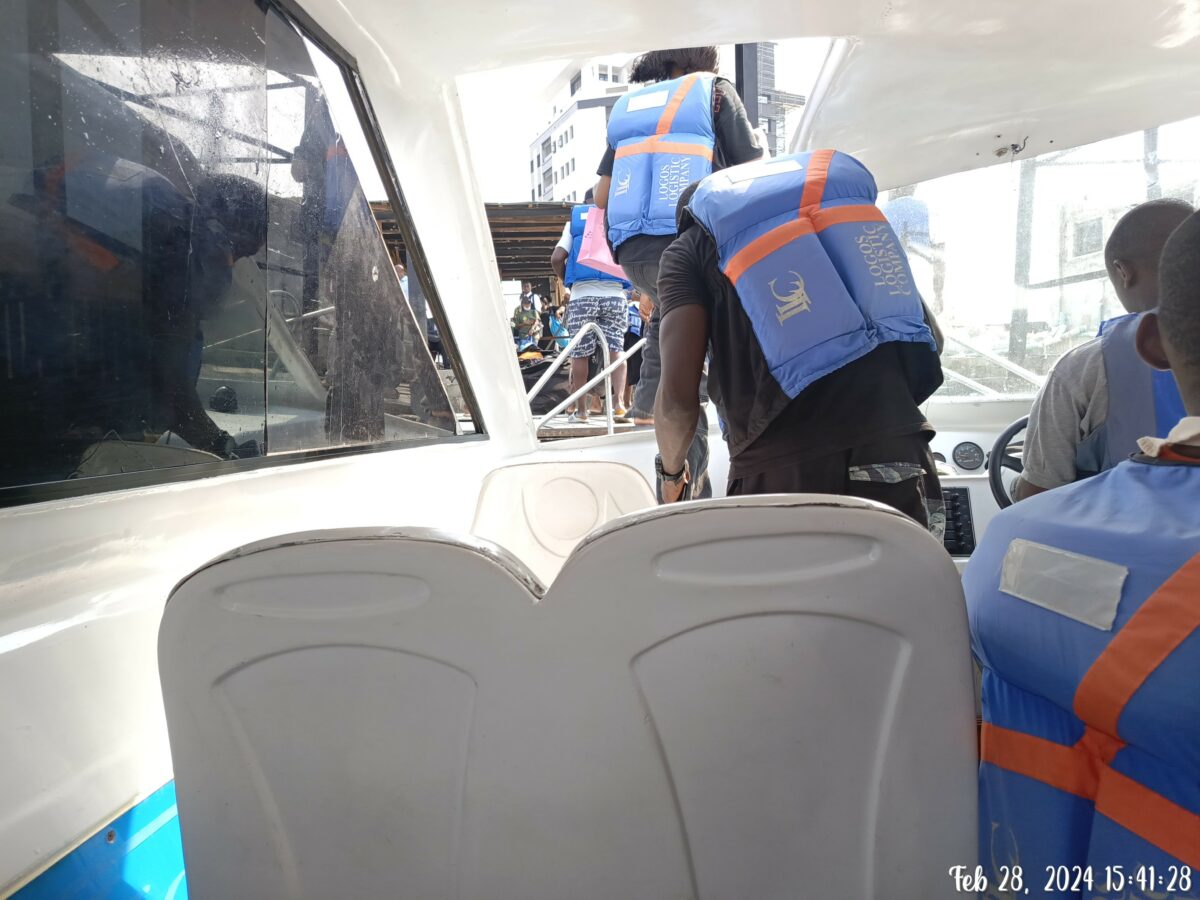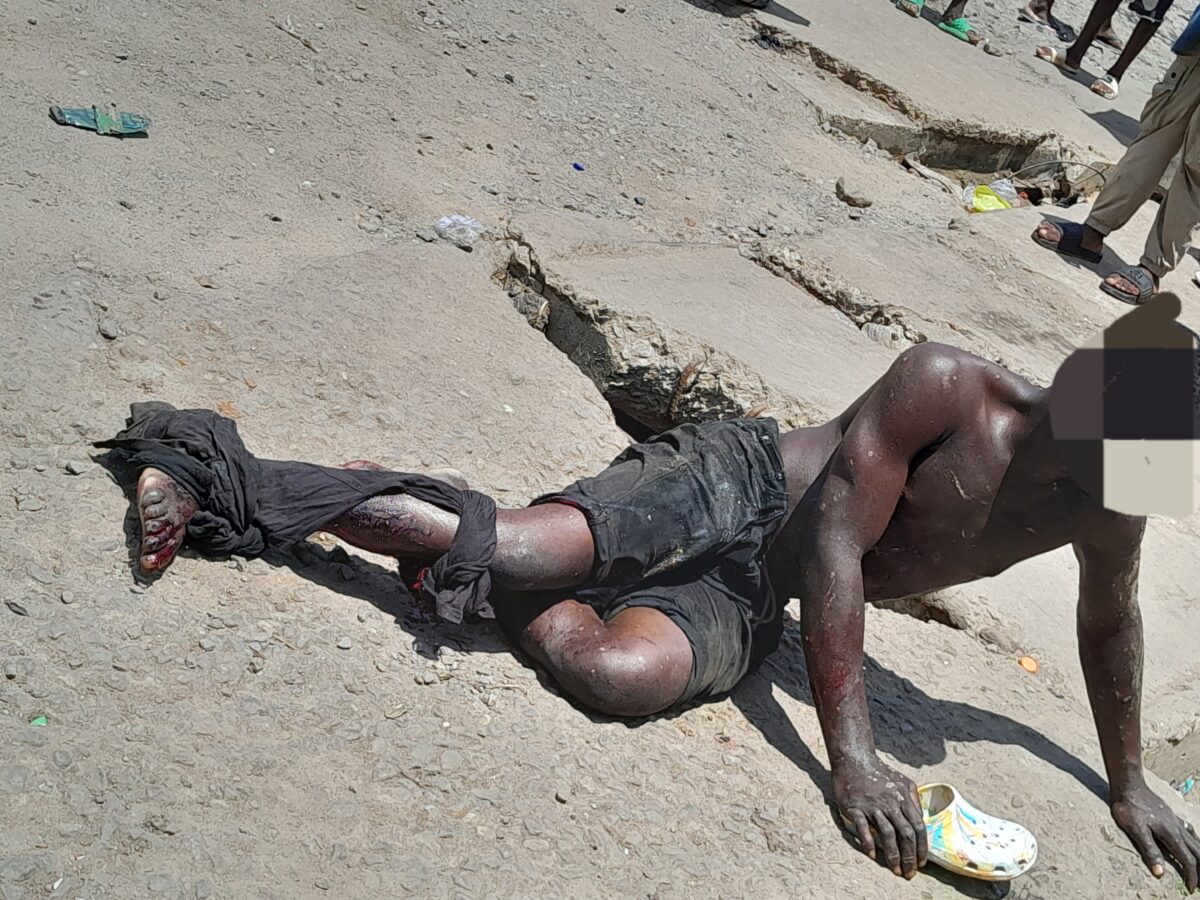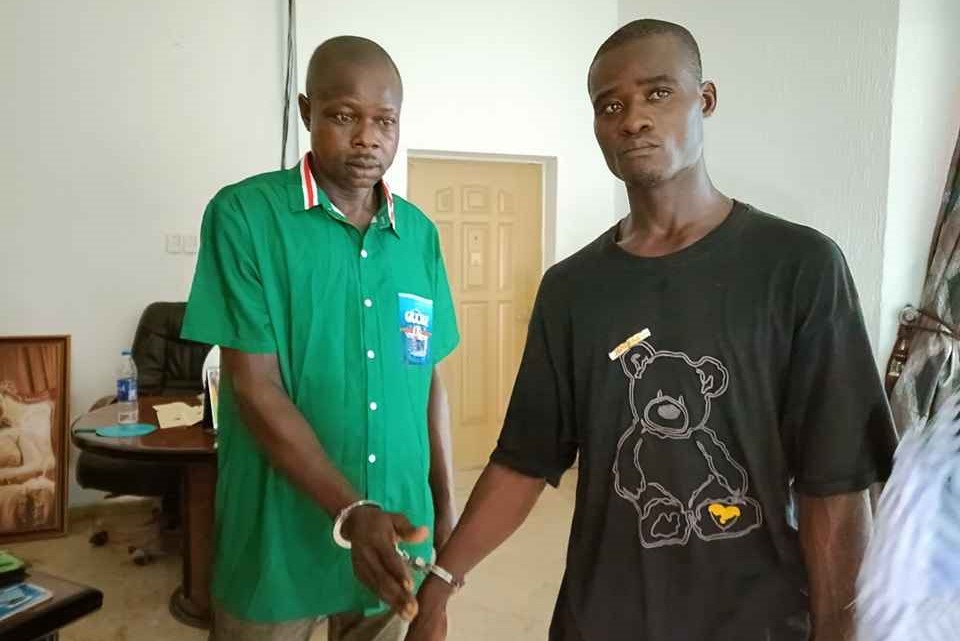You may have heard this story before: some hours of television and friendly chatter after dinner, it was time for a family to retire to bed, and just then, unwelcome guests barged in, thundered instructions and sent bullets and emotions flying all over the place.
These stories have become common in Nigeria’s northwest since the Boko Haram terror group began abducting people for ransom over a decade ago. But while the sect is now occupied with regular confrontations with the Islamic State’s West Africa Province (ISWAP), copycat groups have gained prominence in recent years, and several reports detail how they attack homes and public places.
In Kaduna, thousands of people have lost their lives at the hands of ruthless terrorists. More people get abducted in the state, as data reports for the past two years indicate. While some die in captivity, others are exchanged for ransom payments, but they return broken, their innocence taken from them, and they are left with memories of unspeakable atrocities.
One such survivor is Haruna (not real name), a pastor in the Damishi area of Chikun LGA in the state. When FIJ sat with Haruna on March 25, it was 11 months since he and his wife regained freedom after they were abducted from their home.
He spoke calmly as he took FIJ back in time to the events of Wednesday, February 8, 2023, when kidnappers came to whisk the couple from their home in the dead of the night. He wouldn’t return until at least a month had gone by with them in captivity.
Haruna’s release was prefaced with starvation, exposure to class rankings in captivity, conflicts among terrorists and death – lots of it. These terrorists only released him to go raise money to meet their ransom demands and get his wife back.
SURVIVING CAPTIVITY

“On getting to the camp where they held us, we realised there were three categories of people,” Haruna told FIJ. “Fulani Muslims were there, Hausa Muslims were there, and the third group was for other tribes and religions.
“Where we were kept, there was no cell reception, and from time to time the terrorists would take us to areas where there was network availability so we could call our relatives for ransom negotiations.”
Haruna remembered how his captors grew frustrated over how negotiations for his release progressed at a snail’s pace. No one on the other end of his calls was able to guarantee the millions of naira they wanted.
“They wanted to kill me and share my parts,” he said. “There were over 20 of them, and only two were stopping them from doing so. These two asked that I be allowed to go raise money to get my wife out. My hands and legs were tied to trees as I watched them argue over who would get my eyes, who would get my liver and other parts. There, I stared blankly, as I could not protest. What could I have said?” He asked. “I was at their mercy.”
This treatment, Haruna said, was only reserved for captives who were not Fulani or Hausa Muslims. He said that while his captors kidnapped people from different tribes and religious beliefs, they were more lenient with the Fulanis and Hausas.
The rule was so sacred that the terrorists were willing to kill one of their own who killed a female Fulani captive.
Haruna said, “During the course of our stay there, they [terrorists] went to kidnap an ado [aged man]. But since they were not able to meet him, they kidnapped his four wives. So, one of the wives… as they [terrorists] were pushing her to reveal the secret of their husband, they started beating the women.
“They wouldn’t beat the Fulanis or Hausas, but other tribes – believers, Christians there – were the ones under thorough maltreatment. But because of the push to know the [financial] strength of that ado, they started beating them. During the course of beating them, one of the kidnappers hit the base of the gun on the navel of one of the women, and she vomited blood and died.
“When she died, the terrorists clashed because they felt their fellow Fulani shouldn’t be treated that way. That one who hit her navel, they threatened to kill him. So they took the corpse of the Fulani woman, dug a grave and buried her.”
Haruna explained that her killer was ostracised by the captors as his own death seemed near. Did they kill him? “No,” Haruna told FIJ. “He managed to negotiate the ransom payment for one of the abductees, and then when the money came, he set the captive free, pocketed the money for himself and fled. We never saw him again. You can say he ran for his life.”
“THEY MADE US KILL A FELLOW CAPTIVE WHO MOANED”
Every Damishi abduction survivor who spoke with FIJ had the same feeding experience. There was little food in their holding camps, and they sometimes went three to four days without food.
When they ate, the rice had no salt, and the stew was only in their imagination. They drew water from any stagnant body of water they could find.
Starvation was common in captivity, as the health and well-being of captives mattered little to their captors, who were ready to kill any of them.
Haruna could never forget the night a captive moaned in discomfort after enduring three successive days of hunger. It was a taboo to make noise or disturb the peace of the abductors, so when this old man, whose name the pastor didn’t even know, began to complain, the kidnappers ordered other captives to beat him to death. Disobedience was treason.
“A certain night, they asked us to tie the mouth, hands and legs of one old man we were in the camp with,” Haruna explained. “They asked us to kill him with our hands.”
He said he and some of the other captives took advantage of the cover of darkness to hit their hands together and trick their captors into believing they were participating but some others hit him hard with the intent to kill. They held no grudge against this man. They too were hungry, but they pounded hard for fear of suffering the same fate. By morning, the old man was dead, and his body was discarded. Haruna said this was a reflection of the class difference, as the slain Fulani captive was buried while this man was thrown away.
When one month passed, the captors let Haruna go to raise ransom for his wife’s release. He ran to the church leadership in other parts of the state but they turned him down. He said people doubted him and asked that official letters be written to them.
Frustrated, he ran to family and friends to help raise N2.4 million and buy motorcycles, an iPhone and other items to secure his wife’s release. She left the camp in April 2023.
One may imagine the cleric would leave the community after this experience, but he did not.
“It is a calling,” he told FIJ. “You go where the people are. If you leave the people because of fear, then they would be without a pastor and the word.”
ABDUCTIONS HAPPEN ALMOST DAILY
“Once they kidnap and bring you back, they promise not to kidnap you again because you have already served your time with them,” Ilya Ibrahim, a kidnap survivor, told FIJ. “Sometimes, we put together contributions in millions and hand over to them so they allow us to harvest our products.”
Ibrahim is one of many people abducted and released in Chikun and Kajuru LGAs of the state.
In the illustration below, you will find pictures and names of several people who were abducted and released after parting with significant sums. Each one experienced harsh treatment and was lucky to return.
Ezekiel Barwa used to reside in Kutura, Kajuru LGA, until he fled with his family earlier in the year. He spent time in captivity in December 2023 and did not want to endure the experience, so he fled.
Thomas Zubairu went into hiding when he spotted terrorists invading his house in February, but when he saw them leaving with his father, he came out of hiding to give himself up in exchange for his father, whom he believed would not survive in captivity.
Augustin Sudah watched kidnappers kill a captive who had no phone and means to reach family members for ransom negotiations, and Cristiana Shagari was told to flee her village after they released her. She would later discover the terrorists razed the place some days after she did.
Most of them now reside in Damishi or neighbouring communities because the police do not do enough to come to their rescue when abductions occur.
In their tens and hundreds, people go missing in these local government areas, and this goes underreported.
FIJ called Mansir Hassan, spokesman for the Kaduna State Police Command, but he refused to comment on the efforts of the police in the areas.
This story was produced with support from the Wole Soyinka Centre for Investigative Journalism (WSCIJ) under the Collaborative Media Engagement for Development Inclusivity and Accountability project (CMEDIA) funded by the MacArthur Foundation
Subscribe
Be the first to receive special investigative reports and features in your inbox.







